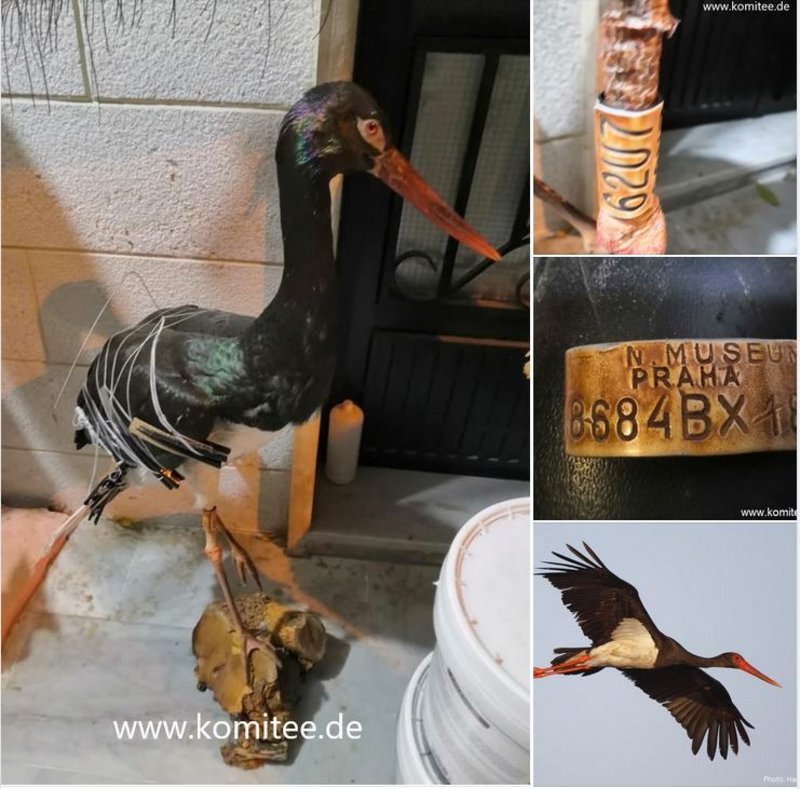ESTONIA
https://novaator.err.ee/1608143986/eest ... jasuremine
The Black Stork is a protected bird species with a rapidly declining number and very poor reproductive success, which is in great danger of extinction in Estonia. A study commissioned by the Environmental Board revealed that one of the factors causing the poor fertility of the black stork may be the high level of mercury in the blood of birds, which is likely to enter it through food.
Lots of mercury in the body
Surprisingly high levels of mercury (Hg) were found in the blood of the birds studied, especially in old birds. Mercury is an accumulating pollutant in the body that has many negative effects, causing changes in behavior, but also lower fertility and a weaker immune system. Mercury enters the black stork's body primarily through the fish it feeds on.
It is not known where black storks eat mercury-rich fish or other aquatic organisms. This can also happen during migration or wintering areas.
Leeches in the oral cavity and esophagus
In addition, a parasitic cover was found in all young birds in the oral cavity and esophagus, which sucks the bird's blood and can cause anemia, ie a lack of red blood cells.
Red blood cells are responsible for transporting oxygen in the body and are important for the successful migration of birds to the wintering grounds. One of the recommendations of the study was to check the oral cavity of the chicks in the future and to administer an oral medicine that helps to get rid of the leeches.
"It is certainly useful to continue monitoring the health of storks and to find out where mercury enters birds. To do this, it may be necessary to include non-migratory species similar to black storks in their habitat and behavior. This would help to determine whether mercury enters birds from Estonia or elsewhere. "said Madis Leivits, a veterinarian at the Estonian University of Life Sciences.

